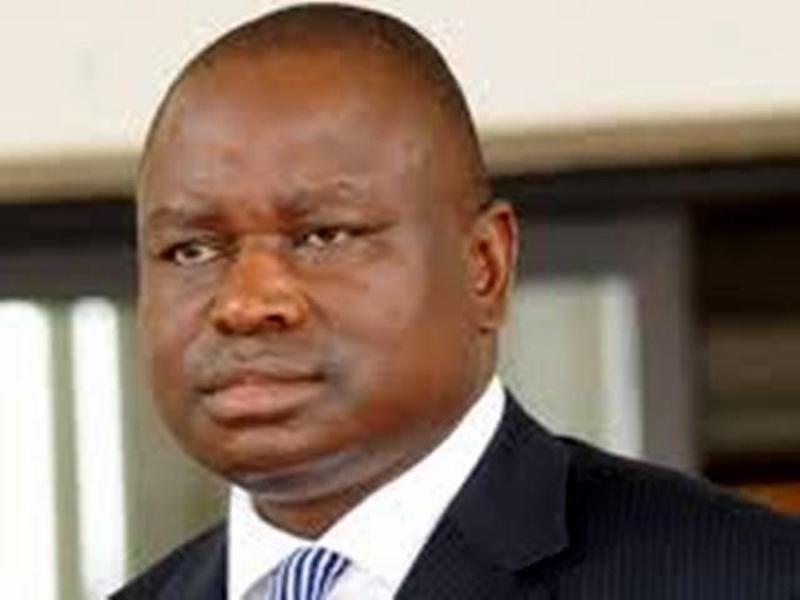
Jonathan Urges Implementation Of Nat’l Confab Recommendations
Former President Goodluck Jonathan has urged the Federal Government to implement the recommendations of his national conference conducted in 2014, stressing that it has the capacity to resolve several issues at the root of the problem plaguing the country.
Jonathan spoke, Wednesday, in Port Harcourt, Rivers State, at the Golden Jubilee lecture to mark the 50th anniversary of the state, saying that the recommendations of the conference emanated from consensus by the various nationalities that participated.
The former president, who got an ovation when he arrived the Obi Wali venue of the lecture, expressed confidence in fiscal federalism as an enduring solution to some key challenges facing the country, adding that it would provide opportunity for all sections of the country to develop where they have comparative advantages.
His words: “One of the reasons I insisted on the National Conference, the guest lecturer (Prof Godini Darah), made reference to was the interest of Nigerians. Yes, in many areas as a nation, we are doing well. But, there are still other areas that agitate the minds of our people and as a government, you need to address them.
“I remember in August 2013, Professor Ben Nwabueze led the patriots and met me, and one of the issues they raised was the National Conference. Others schemed for other conferences, but I insisted on the National Conference that would look at these gray areas that affect our people, those areas that retard our development and fine tune it for the good of our children and grandchildren.
“I always believe that when you are in government, when you are making laws, or coming up with policies, don’t consider your position because that your position is very temporal.
“I was quite pleased with the outcome of the conference. There was nothing like voting. Every decision was by consensus. And I believe sincerely, that if government is able to implement most of those recommendations, some of the things that agitate our minds today, some of the social issues we have, including insecurity and otherwise, would be addressed.”
Jonathan also said that the interventionists agencies had not made much impact in the region in the same way direct payment of 13 percent allocation to oil states had done because of what he called the problem of tenureship which he said had become political.
According to him, the tenureship of these boards in many cases were not protected, so when members assumed office instead of completing existing ongoing projects, they focused on awarding fresh ones, a situation he said accounted for several abandoned projects in the region. “If we look at Federal Government supporting oil-producing areas, if you really sit down and calculate, a lot of funds have actually come into the Niger Delta area. But, we don’t see corresponding infrastructural development.
“And when you compare the 13 percent derivation that just started in 1999 or 2000, that the National Assembly now approved, you see that the development that can be in Rivers, Bayelsa, Akwa Ibom, Delta and other states, is not compared to when it was issue of intervention agencies that were to manage funds.
“The key thing is that intervention agencies are too political; the tenures of appointees are not protected. Every new government including mine, would set up a different team. When it comes, instead of completing existing projects, they award new projects.” At the end, you see many uncompleted projects littered in Niger Delta and you cannot quantify the money.
“But, the 13 percent come directly to the states, being managed by the governor elected by the people with the approval of the state House of Assembly to have oversight functions. I have seen greater utilization of that money than the intervention agency.”
While hailing Governor Nyesom Wike for his success so far, the former President said every part of the country had something to offer to the growth of the nation, stressing that with fiscal federalism, they would all be encouraged to give their quota.
“That is one of the reasons I think that fiscal federalism if properly done in a nation like Nigeria, will encourage every part of this country to generate income. I believe every part of Nigeria is viable. The only thing is that, in Nigeria, the local government chairman sits in the office, waits for allocation, distributes and goes asleep and waits for the next month.”



